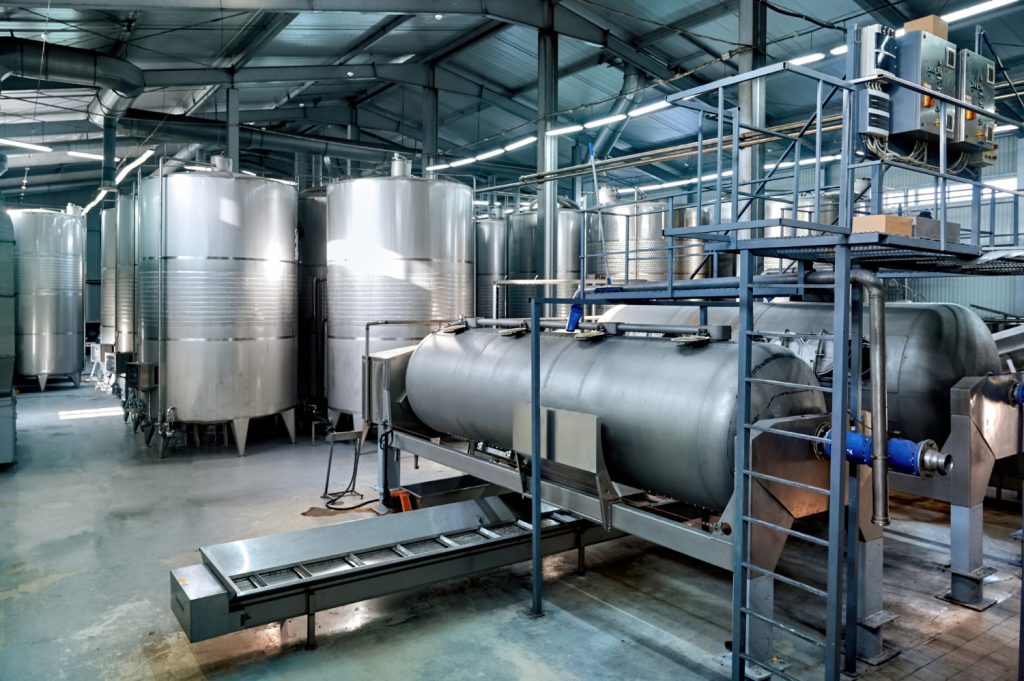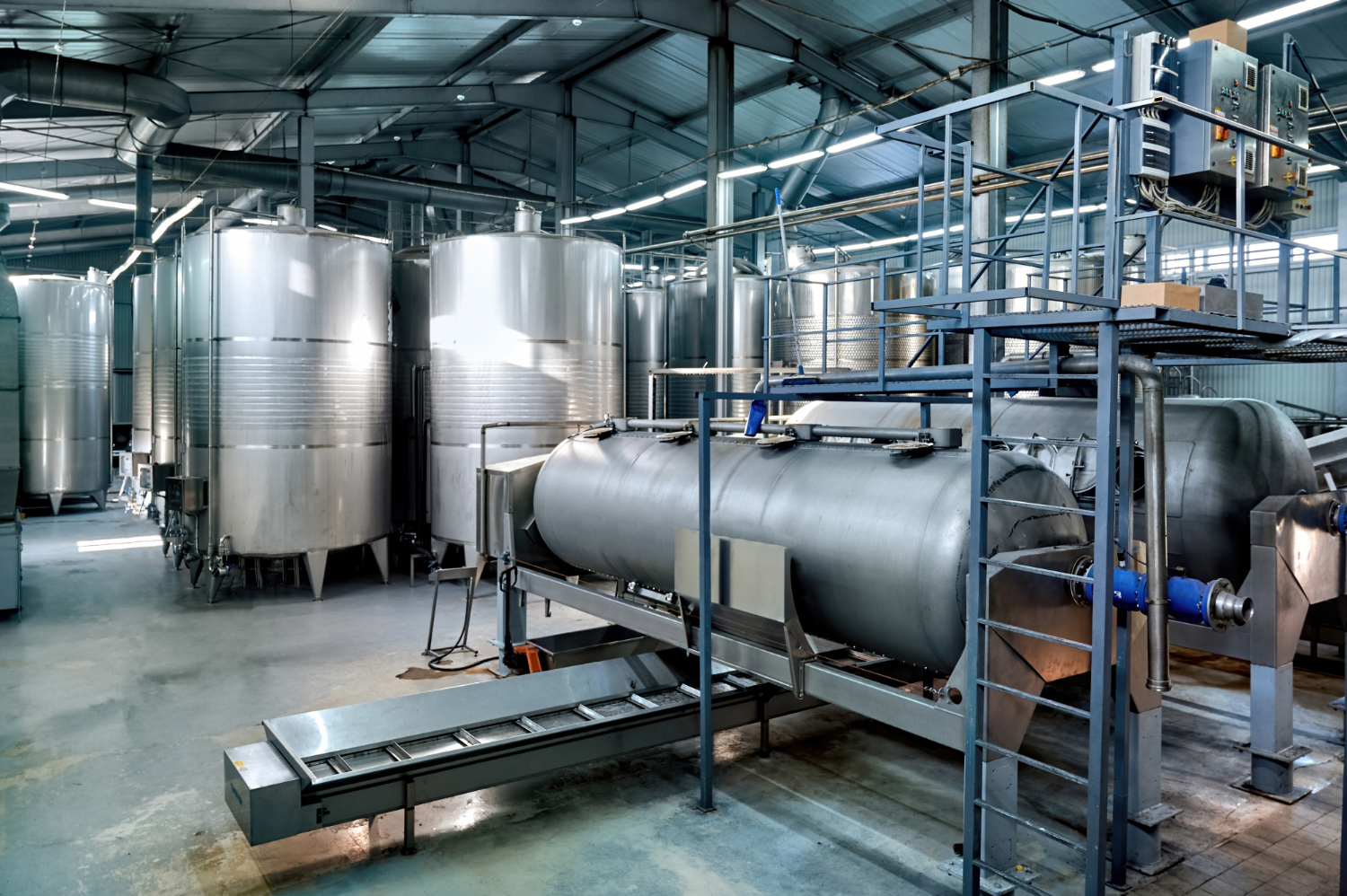In the food processing industry, steam boilers play a crucial role in ensuring product quality, safety, and operational efficiency. Understanding the specific requirements and solutions for this sector is essential for maintaining high standards of food production.

Steam Quality Requirements
Food processing demands exceptionally high steam quality standards. Modern boilers designed for this industry incorporate features that ensure steam purity while maintaining consistent pressure and temperature levels.
Sanitary Steam Production
Food-grade steam requires specialized boiler designs that prevent contamination. These systems use food-safe materials and incorporate multiple safeguards to maintain steam purity throughout the distribution system.
Temperature Control Precision
Advanced control systems maintain precise temperature regulation, crucial for food processing applications. These systems ensure consistent product quality while optimizing energy usage.
Safety Features and Compliance
Food Safety Standards
Modern food processing boilers incorporate features specifically designed to meet stringent food safety regulations. These include special surface treatments and contamination prevention systems.
Automated Monitoring Systems
Continuous monitoring ensures compliance with food safety standards while maintaining optimal operational efficiency. Smart sensors track multiple parameters simultaneously, providing real-time data on system performance.
Energy Efficiency Solutions
Heat Recovery Innovation
Advanced heat recovery systems capture and reuse thermal energy, significantly reducing operational costs. These systems are particularly effective in food processing environments where consistent steam demand is common.
Smart Load Management
Intelligent control systems adjust steam production to match varying process demands, optimizing energy usage while maintaining consistent supply.
Maintenance and Hygiene
Sanitary Design Features
Food processing boilers incorporate easy-clean surfaces and accessible components to facilitate thorough maintenance and cleaning procedures.
Preventive Maintenance Programs
Structured maintenance programs ensure consistent performance while maintaining compliance with food safety standards. These programs include regular inspections and cleaning protocols.
Operational Optimization
Process Integration
Modern boiler systems seamlessly integrate with various food processing operations, from cooking to sterilization. Advanced controls ensure appropriate steam delivery for each specific application.
Resource Management
Efficient water and fuel management systems reduce operational costs while maintaining necessary steam quality standards.
Environmental Considerations
Emissions Control
Advanced combustion systems minimize emissions while maintaining high efficiency. These systems often exceed regulatory requirements for clean operation.
Sustainable Operations
Modern food processing boilers incorporate features that support sustainable operations, including reduced water consumption and improved fuel efficiency.
Economic Benefits
Operating Cost Reduction
Investing in high-efficiency water filtration systems brings substantial financial benefits. Advanced filtration technology solutions, like those developed by Spenomatic Kenya, significantly reduces fuel consumption and maintenance costs. By using energy-efficient designs and automation, Spenomatic’s systems optimize resource usage, lowering operational expenses for industries and households alike.
Moreover, their cutting-edge filtration solutions extend the lifespan of equipment by preventing scale buildup and corrosion. This means fewer breakdowns, reduced need for frequent repairs, and overall lower maintenance costs. Businesses can reinvest these savings into other operational improvements, boosting long-term profitability.
Production Reliability
Consistent and reliable water filtration is crucial for industries relying on high water quality, such as food processing, pharmaceuticals, and manufacturing. Spenomatic Kenya ensures uninterrupted production through robust and durable filtration systems. Their advanced designs prevent blockages, maintain optimal water pressure, and deliver a steady supply of purified water.
With Spenomatic’s high-reliability systems, businesses experience fewer downtime-related losses. A single production interruption can lead to costly delays, spoilage, or regulatory compliance issues. By implementing Spenomatic’s state-of-the-art filtration solutions, industries can maintain smooth operations, ensuring high efficiency and uninterrupted workflow.
Industry-Specific Applications
Cooking and Sterilization
Specialized steam delivery systems ensure optimal performance for various food processing applications, from batch cooking to continuous sterilization processes.
Clean-in-Place Systems
Integrated clean-in-place capabilities maintain system hygiene while minimizing downtime for cleaning operations.
Future Trends
Digital Integration
The future of water filtration is increasingly driven by digital integration, and Spenomatic Kenya is at the forefront of this transformation. Advanced monitoring and control systems are revolutionizing how businesses manage water purification, offering real-time data analytics, remote monitoring, and automated adjustments to enhance efficiency and reliability.
Spenomatic’s smart filtration solutions leverage Internet of Things (IoT) technology to detect impurities, optimize filtration cycles, and prevent system failures before they occur. By integrating AI-driven predictive maintenance, businesses can significantly reduce downtime and operational costs. These innovations ensure consistent water quality while minimizing human intervention, allowing industries to focus on their core operations without worrying about water treatment challenges.
Sustainability Focus
Sustainability remains a top priority in the water filtration industry, and Spenomatic Kenya continues to lead with environmentally friendly innovations. Ongoing advancements in filtration technology focus on reducing energy consumption, minimizing chemical usage, and promoting water recycling without compromising performance.
By utilizing low-energy membrane systems, solar-powered filtration units, and eco-friendly filtration media, Spenomatic helps businesses lower their carbon footprint while maintaining high water purity standards. Their commitment to sustainable solutions aligns with Kenya’s increasing emphasis on green technology and resource conservation.
As businesses and industries move towards a more sustainable future, Spenomatic Kenya remains a key partner in providing cost-effective, eco-friendly, and technologically advanced water filtration solutions to meet the evolving demands of the market.
Conclusion
Modern steam boilers for food processing represent a critical investment in food safety, operational efficiency, and sustainability. Their combination of advanced features and reliable operation makes them essential for modern food processing operations.
Frequently Asked Questions About Food Processing Boilers
1. What makes food processing boilers different from standard industrial boilers?
Food processing boilers incorporate specialized materials, sanitary design features, and advanced control systems specifically designed to meet strict food safety requirements while maintaining efficient operation.
2. How do these boilers ensure steam quality for food applications?
Multiple systems work together, including specialized materials, contamination prevention features, and continuous monitoring, to maintain steam purity and consistent quality.
3. What maintenance requirements are specific to food processing boilers?
Regular sanitization, specialized cleaning procedures, and comprehensive preventive maintenance programs are essential to maintain food safety compliance and optimal performance.
4. How do modern control systems improve boiler efficiency?
Advanced control systems optimize fuel usage, manage load variations, and maintain precise temperature control while ensuring consistent steam quality for food processing applications.
5. What sustainability features are included in modern food processing boilers?
Contemporary systems incorporate energy recovery systems, efficient combustion controls, and water conservation features to reduce environmental impact while maintaining high performance.

